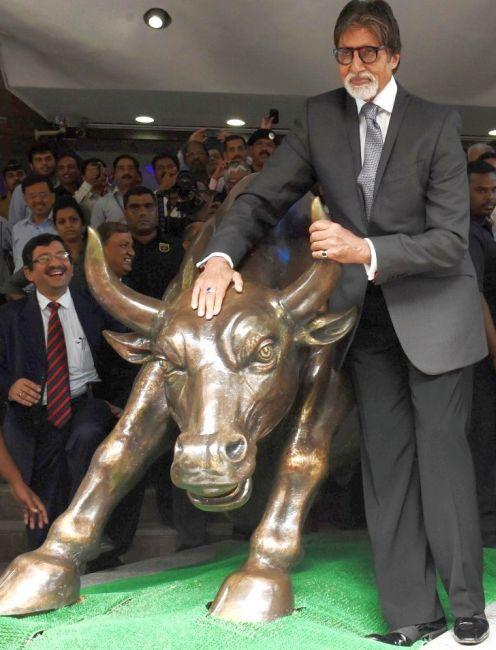
Government needs to rationalise taxation policies to promote investments through stock markets, by giving greater benefits for investment focussed trades rather than for speculative trading, top exchange BSE’s chief Ashish Chauhan said.
Currently, the taxation structure in the stock market is tilted in favour of intra-day trades and the derivatives trading, while tax rates tend to be higher for delivery-based trades and the equity market trading.
“The way Indian markets are structured, there is a kind of penalty to delivery and also to the trading in the cash market, which is basically the market for investments.
“If you do intra-day trading in stock futures, you pay 40 per cent less STT (Securities Transaction Tax), vis-a-vis the intra-day trading in the equity trading. So, what is happening is that equity market liquidity has dried up and no investors want to come in and invest,” Chauhan told PTI in an interview.”
“Also, the maximum STT is for delivery-based transactions that are investment transactions and there is less STT for intra-day transactions which is not delivery based. The STT is even lesser for futures.”
So, effectively, we are penalising in our STT structure the investment activity.
“This is happening when India requires more money to be raised for PSUs and also for SMEs and large companies that would come to the market,” he said.
Speaking about his expectations from the Union Budget next month, Chauhan said, “Even if you want to have a revenue neutral framework, it should be to promote investment and may be to penalise the speculations a little bit more. “Even if we take the total traded volumes, cash market is today close to 5 or 10 per cent of derivatives volumes.”
“If you have a framework where you can support investment by charging less transaction tax and get the balance from derivatives trades, it would be in the fitness of change for the government that is trying to promote investments.” Chauhan said that besides structural changes in STT, the exchanges would also need to change their business model.
“Today, a large part of revenue for exchanges come from trading and therefore they also focus a lot on trading. That takes away their focus away from the capital formation.’
“So, the exchanges also need to change their business models, while the government needs to make some policy changes such as providing tax benefits,” he added.
When asked whether the BSE, which is present across 2,000 cities and towns, was ready for such transformational changes, he said, “The BSE has been there for 140 years and it has helped India create as a catalyst wealth of $ 1.6 trillion or over Rs 100 lakh crore or Rs 100 trillion.
“In some sense, it could have done much more. The BSE has to exist for the nation and it can not be thinking for itself alone.
So, the BSE must work for capital formation to arrange funds for investment and to contribute to nation building, rather than just for doing trading for the sake of trading,” he added.
